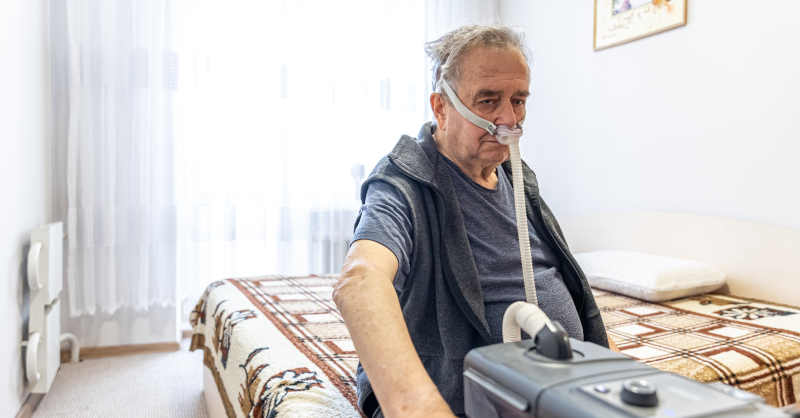According to the American Sleep Association, over half of adult Americans snore. This peculiar sleeping pattern can be entertaining, distracting, or downright disruptive. And for up to 10% of those snorers, it might be a sign of a potentially fatal ailment. A sleep disorder called obstructive sleep apnea (OSA) may have a significant negative effect on your health.
Snoring is not necessarily a sign of sleep apnea, however it is unlikely that OSA would exist without snoring. When you need to know, speak with a specialist to get your condition examined and assessed. You can prevent the detrimental effects sleep apnea has on your health with the aid of a personalized treatment strategy.
The Reason Snoring Happens
Almost everyone is familiar with the variety of noises snorers can make. Although there can be a wide range of snoring “voices,” they are all essentially caused by the same thing. When your throat muscles are relaxed, the airflow from breathing causes them to vibrate, which results in the sound you associate with snoring.
This relaxation of the tissue is caused by specific circumstances. The anatomy of your body may be more constrictive than that of other people, which would increase the speed at which air would travel past the soft palate, which separates the mouth from the nasal airways. Your breathing is much more constrained if you have congestion brought on by a cold or allergies. Alcohol intake and having additional body weight are both major factors. Men also snore more frequently than women do.
The degree of snoring is influenced by your sleeping position since when you’re on your back, gravity pulls the soft palate downward. Additionally, sleep disturbances can worsen one another. It can further relax your throat if you’re sleep deprived for another reason.
How Sleep Apnea Develops from Snoring
Your breathing may completely stop if your soft palate and throat tissue relax to such a degree. Your body receives messages from your brain to wake you up so you can move and restart your breathing as soon as it detects this. Even while you might experience dozens of these brief awakenings each night, it’s likely that you are not aware of them.
While you’re sleeping, you or your partner might notice any signs that point to sleep apnea. These consist of:
- Loud Snoring: While light snoring typically isn’t a problem, loud, deep noises may be a sign of sleep apnea
- Breathing Stops: you cease snoring and breathing entirely. breathing resumes typically with a snort or gulp
- Snoring Every Night: If you snore every time you go to sleep, you might have OSA
Sleep apnea may also be accompanied by waking symptoms. Schedule a medical appointment if you:
- Despite getting a good night’s sleep, you still feel drowsy during the day
- A headache or a sore throat upon awakening
- Take notice of your blood pressure rising
- Have trouble concentrating or focusing
